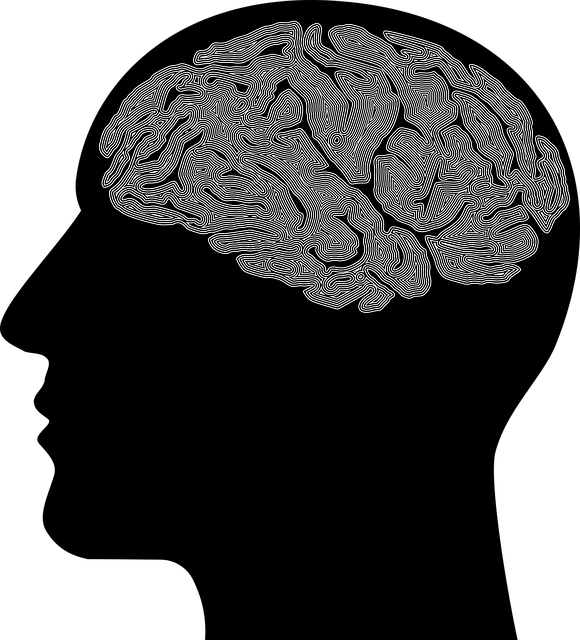Aurora Kaiser Mental Health Programs provide specialized, holistic trauma support, addressing physical and emotional well-being through safe spaces, evidence-based methods like Compassion Cultivation, cultural sensitivity, risk management planning, burnout prevention for caregivers, and Self-Awareness Exercises. They collaborate with communities to expand access to mental health services, integrating programs tailored to diverse populations, normalizing conversations around trauma and promoting inclusive environments for successful recovery.
Trauma, a profound and lasting impact on an individual’s mental well-being, demands specialized support. This article explores the critical role of trauma-informed care in addressing this growing concern. We delve into the far-reaching effects of trauma and highlight the contributions of Aurora Kaiser Mental Health Programs in providing essential services.
Furthermore, it examines key components for effective trauma support, offering strategies to expand access to these vital programs. By focusing on these aspects, we aim to enhance understanding and improve resources for those impacted by trauma.
- Understanding Trauma and Its Impact on Individuals
- The Role of Aurora Kaiser Mental Health Programs in Trauma Support
- Key Components of Effective Trauma Support Services
- Strategies for Expanding Access to Trauma-Informed Care
Understanding Trauma and Its Impact on Individuals

Trauma is a profound and complex experience that can leave lasting effects on an individual’s mental health and overall well-being. It is essential to recognize that trauma does not discriminate; it can affect people from all walks of life, whether it’s due to a single catastrophic event or a series of chronic stressors. The impact of trauma extends beyond the immediate moment; it can manifest as long-lasting psychological and physical symptoms, affecting an individual’s ability to function and navigate daily life.
Aurora Kaiser Mental Health Programs understand the profound nature of trauma and its ability to disrupt one’s sense of safety and stability. Our approach focuses on empowering individuals to build inner strength and develop resilience. By providing a supportive environment, we help clients explore and process traumatic experiences while fostering healthy coping mechanisms. This holistic process aims to not only alleviate symptoms of trauma but also promote mental wellness and depression prevention, enabling individuals to reclaim their lives and embrace a brighter future.
The Role of Aurora Kaiser Mental Health Programs in Trauma Support

The Aurora Kaiser Mental Health Programs play a pivotal role in trauma support, offering specialized services that cater to individuals grappling with the aftermath of traumatic events. These programs are designed to provide a safe and supportive environment where clients can begin their journey towards healing. Through evidence-based practices such as Compassion Cultivation, which cultivates empathy and kindness towards oneself and others, Aurora Kaiser equips individuals with valuable tools to manage their moods and navigate difficult emotions effectively.
In addition to fostering emotional resilience, the programs also emphasize risk management planning for mental health professionals, ensuring that both clients and practitioners are equipped to handle potential challenges safely and competently. This holistic approach not only enhances the quality of care but also contributes to a more sustainable and supportive ecosystem for trauma recovery.
Key Components of Effective Trauma Support Services

Effective trauma support services are multifaceted and tailored to meet the unique needs of individuals who have experienced traumatic events. Key components include a safe and supportive environment, evidence-based therapeutic approaches such as those offered by Aurora Kaiser mental health programs, and comprehensive care coordination that addresses physical and emotional well-being. Trained professionals facilitate this process through active listening, empathy, and cultural sensitivity, ensuring that every client feels heard and respected.
Moreover, successful trauma support integrates burnout prevention strategies for healthcare providers, acknowledging the importance of self-awareness exercises and mental health awareness within the caregiving system. By prioritizing the well-being of caregivers, these services enhance the quality and longevity of patient care. This holistic approach leverages Self-Awareness Exercises to foster deeper connections between clients and therapists, ultimately contributing to positive outcomes in trauma recovery.
Strategies for Expanding Access to Trauma-Informed Care

Expanding access to trauma-informed care is a multifaceted approach that requires collaboration across various sectors. One key strategy involves integrating mental health programs into communities, especially in areas with limited resources. For instance, Aurora Kaiser’s initiatives focus on community outreach and partnerships to ensure that trauma support services are not only accessible but also tailored to diverse populations. By bringing mental health programs directly to individuals in need, barriers such as transportation and stigma can be addressed.
Additionally, Mental Health Awareness campaigns play a pivotal role in normalizing conversations around trauma and mental well-being. Educating the public about recognizing signs of trauma and available support services empowers individuals to seek help. Incorporating Cultural Sensitivity in Mental Healthcare Practice is another critical aspect, as it ensures that services are inclusive and respectful of diverse cultural backgrounds. This approach not only improves engagement but also enhances the effectiveness of treatment, fostering an environment where everyone feels seen and heard.
Trauma is a significant public health concern, and ensuring accessible trauma support services is vital. The Aurora Kaiser Mental Health Programs have played a crucial role in providing specialized care, offering evidence-based practices that cater to the complex needs of individuals affected by trauma. By focusing on key components such as safety, trust, and empowerment, these programs have demonstrated effectiveness in healing and resilience-building. Expanding access to trauma-informed care is essential, especially in underserved communities. This can be achieved through strategic partnerships, community engagement, and policy changes, ensuring that everyone has the opportunity to receive the support they need to recover from traumatic experiences.






